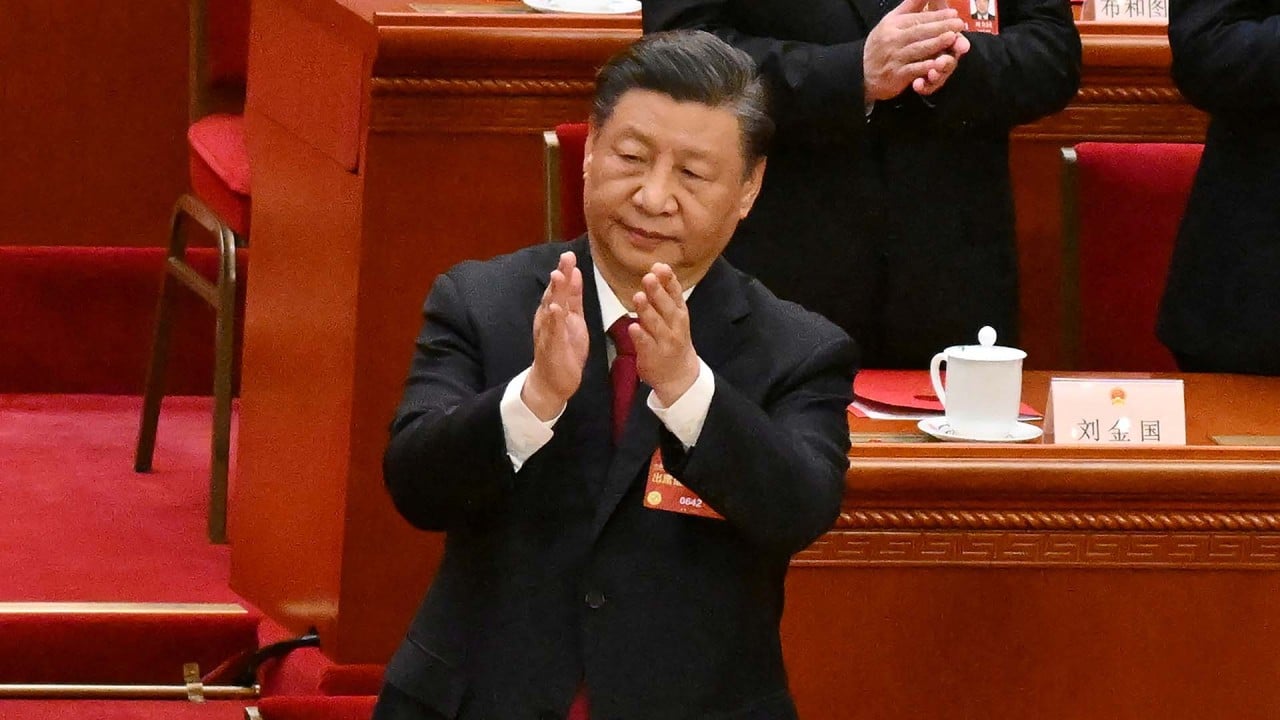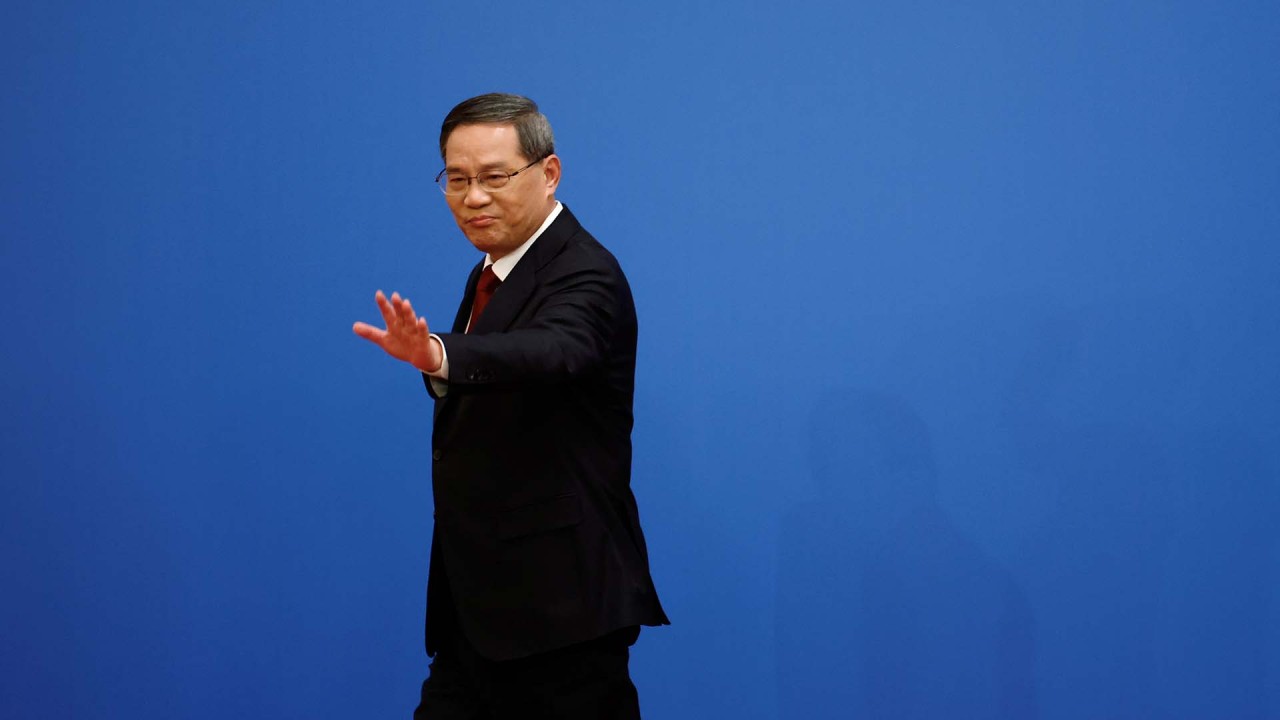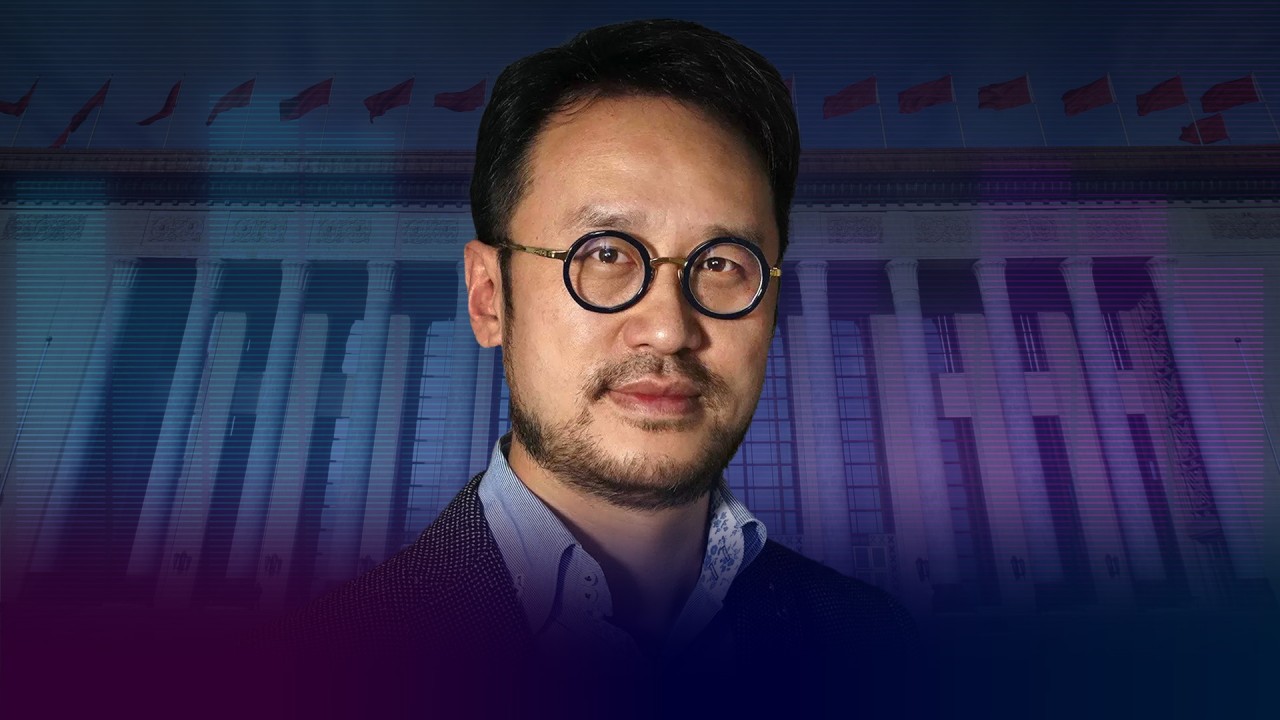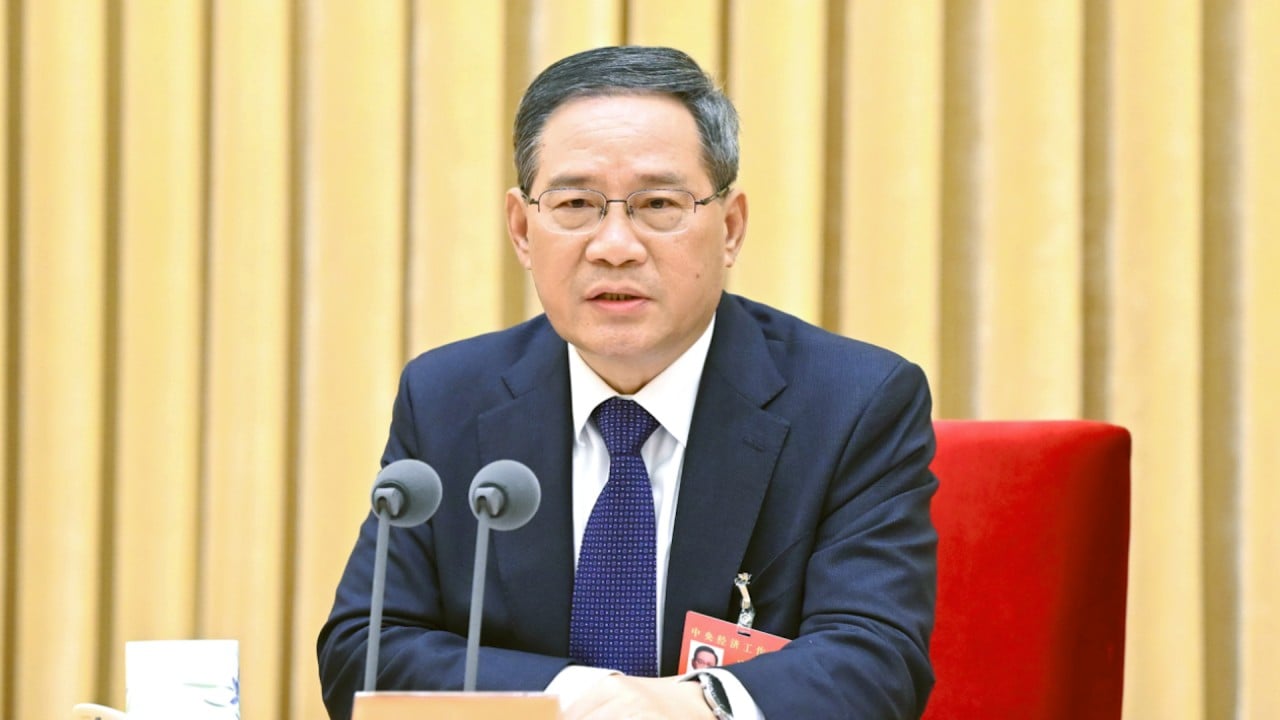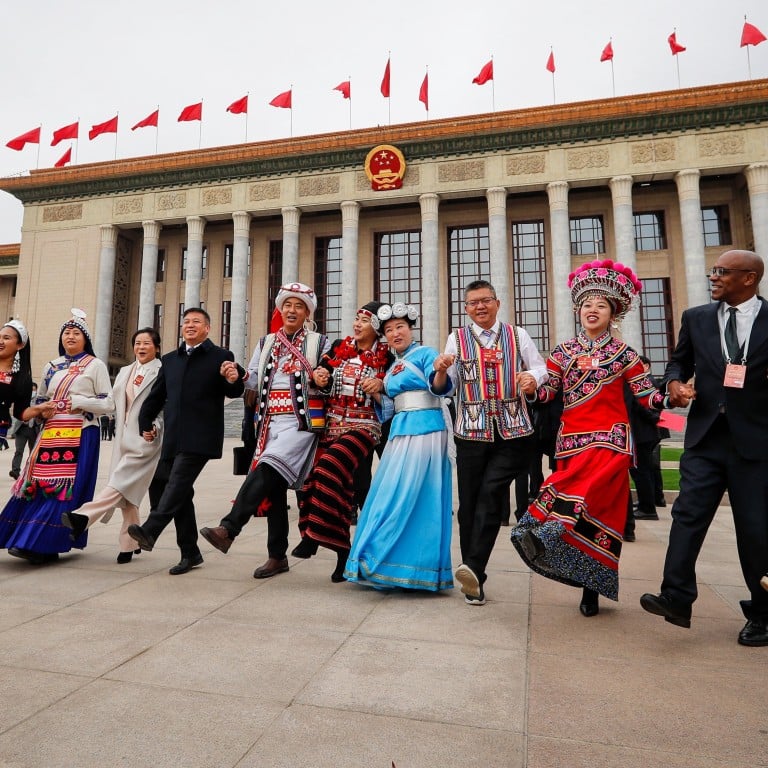
Global Impact: China’s ‘two sessions’ may be over, but SVB, Aukus and Ukraine create uncertainty for Beijing
- Global Impact is a weekly curated newsletter featuring a news topic originating in China with a significant macro impact for our newsreaders around the world
- In this edition, we wrap up the events from the ‘two sessions’ and look ahead to what’s next after a busy few days of comings and goings in Beijing
Finally, the dust has settled on China’s “two sessions” for another year.
China’s National People’s Congress has confirmed a new government, with old hands retaining top posts within the central bank, finance ministry and other key economic agencies, including technology.
A Central Technology Committee will lead strategic planning, coordinate innovation, streamline policymaking and push for military-civilian technology. A Central Financial Committee will also be set up amid heightened concerns over financial stability. As part of the changes, the Financial Stability and Development Committee, a regulatory body under the State Council, will be abolished.
Questions remain on who will be put in charge of the new organs and how the responsibilities will be shared with the current central party organs, especially on the finance and economic fronts.
Black swan events have also hit the global financial markets, somewhat verifying Beijing’s warning to step up risk control.
Xi said lessons must be learned from the Ukraine war as “over 30 countries have limited food exports, and some have experienced social turmoil or even regime change”.
Now speculation is piling up on which role China can play, if possible, to de-escalate the Ukraine crisis.
So while it is the end of the latest round of political reshuffling at home, there is still more on the horizon for Beijing to ponder.
60-Second Catch-Up
Deep dives
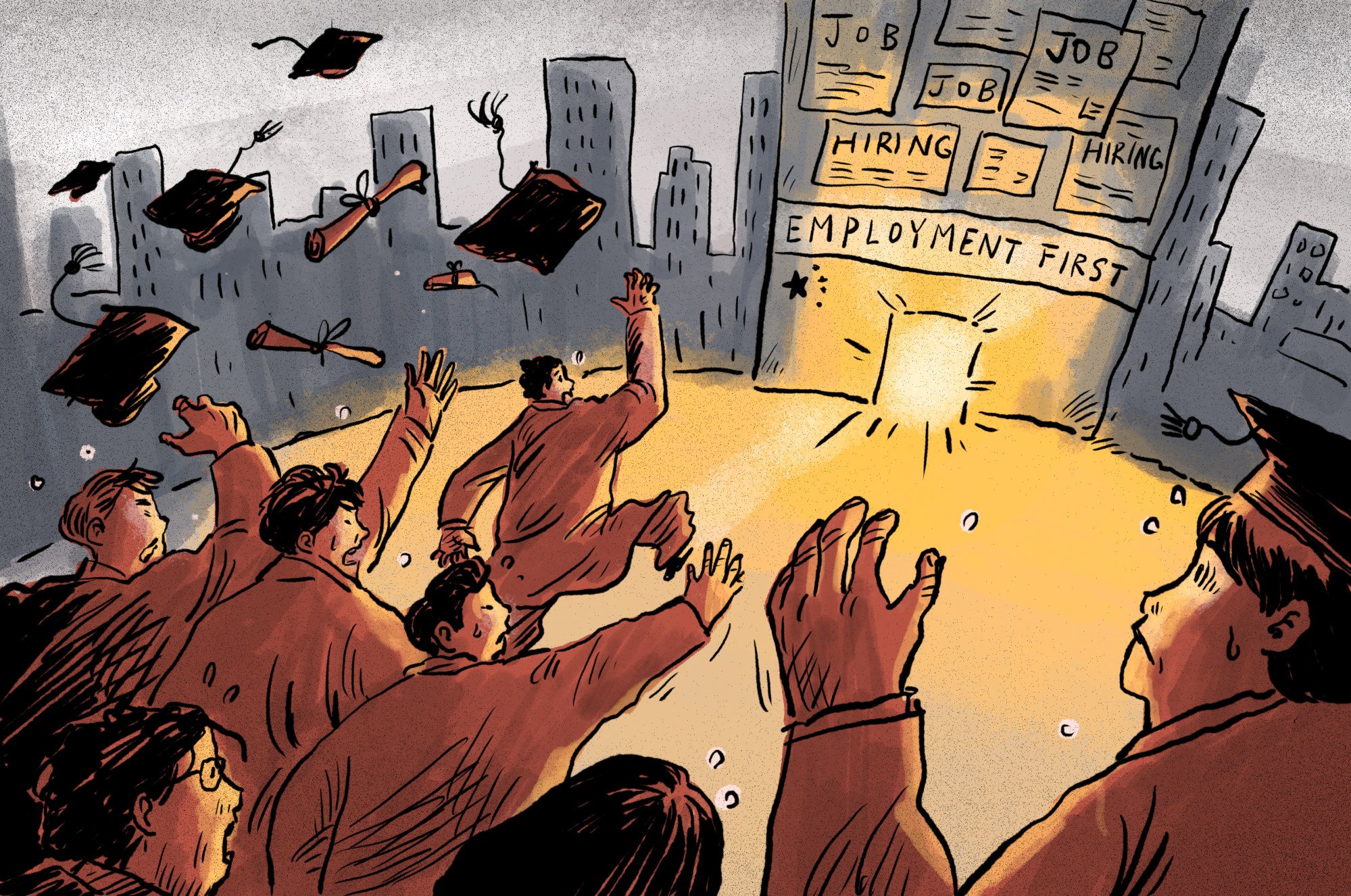
What does China’s ‘employment-first strategy’ mean for young jobseekers in an overcrowded labour pool?
-
They appear in record numbers every year – fresh college graduates – and it ‘certainly adds pressure to employment’, new Premier Li Qiang says
-
Some say Beijing’s bolder employment objective – adding 12 million new jobs in 2023 – contrasts with leadership’s moderate GDP growth target for China
During his first press conference on Monday following the closing ceremony of the National People’s Congress (NPC), Li said Beijing would take multiple steps to stabilise and expand employment and offer more government support in employment services and technical training, especially for young people.
“Employment is the cornerstone of people’s livelihood, but ultimately, the solution to job creation lies in economic growth,” Li said.
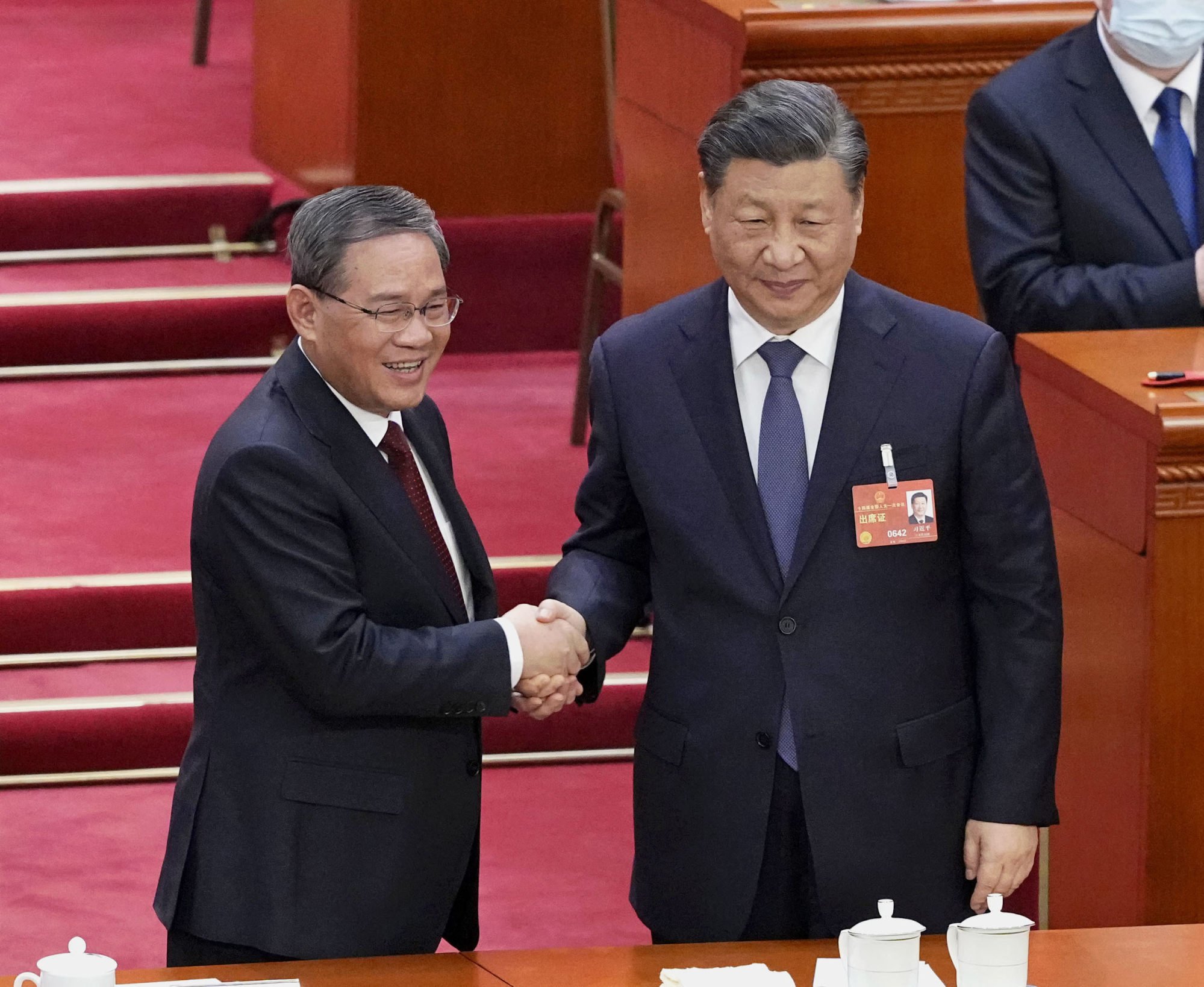
Li Qiang is China’s new premier, but how much power will he wield?
-
Li Qiang was confirmed as China’s premier – its No 2 official – on Saturday, but the position is seen to hold diminishing authority as President Xi Jinping consolidates power
-
However, some observers say the former Shanghai party boss might enjoy more policy leeway on economics thanks to his close relationship with Xi
He was endorsed by 2,936 of the 2,947 NPC members who attended Saturday’s meeting, with three voting against and eight abstaining.
Xi and Li chatted before and after the vote, which also approved appointments to the country’s top supervision job as well as its top judge and prosecutor-general.
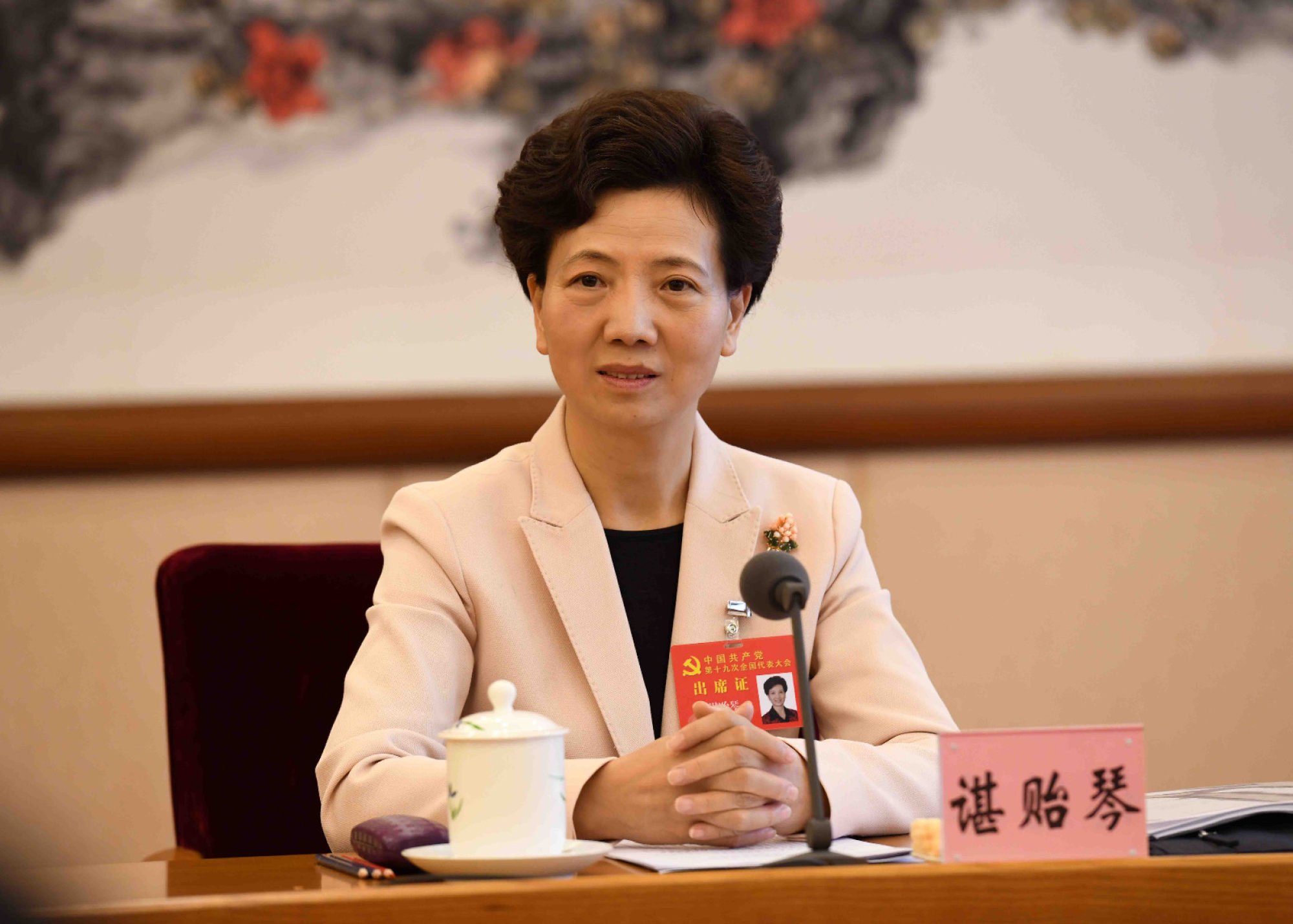
State Councillor Shen Yiqin – the one woman at the top of Chinese politics
-
Shen has made the leap from a provincial Communist Party chief to the top ranks of government but has yet to break through into the all-male world of the Politburo
-
Without a more diverse group of people in its upper echelons, the quality of decision making in China will continue to suffer, observers say
The appointment came five months after Beijing unveiled its first all-male Politburo in 20 years.
Experts said that while her appointment showed there was a path for women in politics in China, the glass ceiling limited their chances of promotion, undermining the quality of decision-making at the top levels.
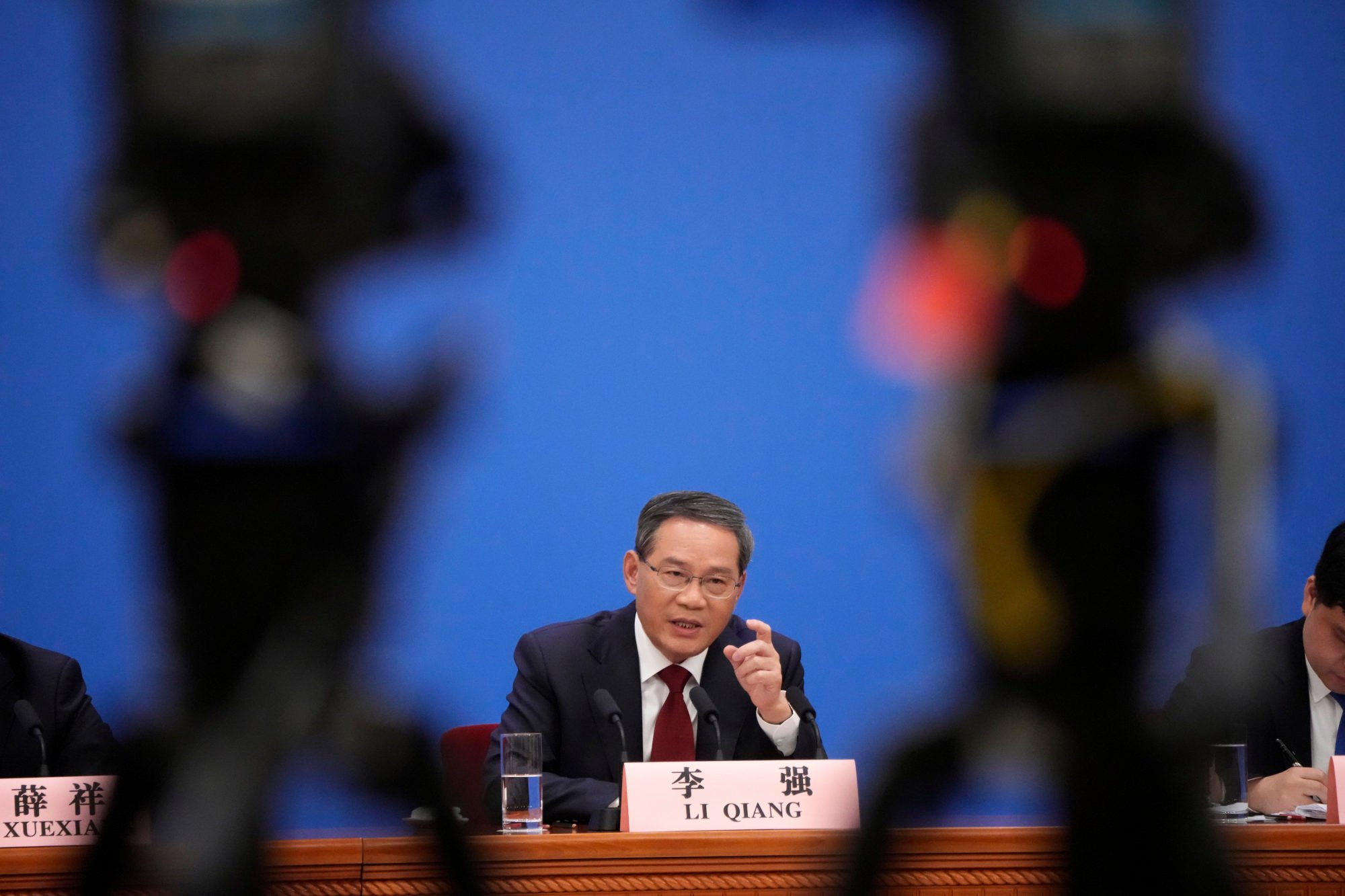
China’s ‘two sessions’: Li Qiang brings ‘down-to-earth’ style as premier
-
The former governor of Zhejiang expects bureaucrats to get out of the office and find solutions at the grass roots
-
Li’s governing approach was honed in his home province which was known for its pro-business light touch and listening ear
Li said inspection and study trips to the front line and grass roots would be the new government’s top priority to improve its work style.

How does China pick top officials? Beijing mouthpiece sheds new light on secretive standards
-
Criteria include being 68 or younger and spending more than five years in ministerial or provincial leadership roles, according to Xinhua
-
However, the rules allow for flexibility, and recent promotion of Foreign Minister Qin Gang is among the exceptions
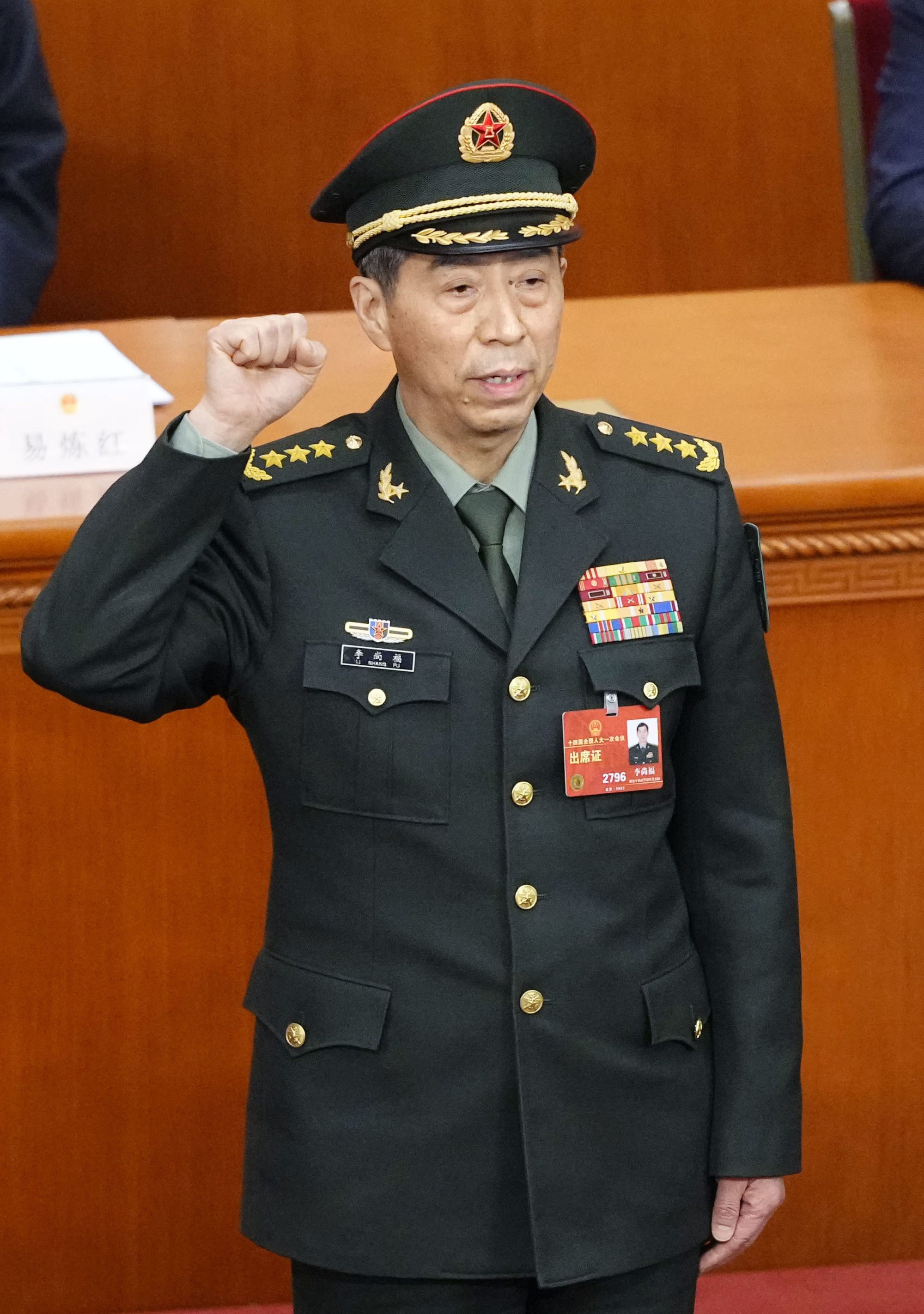
Are US sanctions on China’s new defence chief the real barrier to dialogue?
-
Washington shows no sign of lifting long-standing sanctions on China’s new defence minister, observers say
-
‘Political sensitivities’ – not sanctions – are likely reason for stalled dialogue, one analyst says
Lifting the sanctions on General Li Shangfu is considered a necessary step by Beijing for such talks to resume between the Pentagon and the People’s Liberation Army (PLA), but that appeared doubtful, according to Zhou Bo, a senior fellow from the Centre for International Security and Strategy at Tsinghua University.
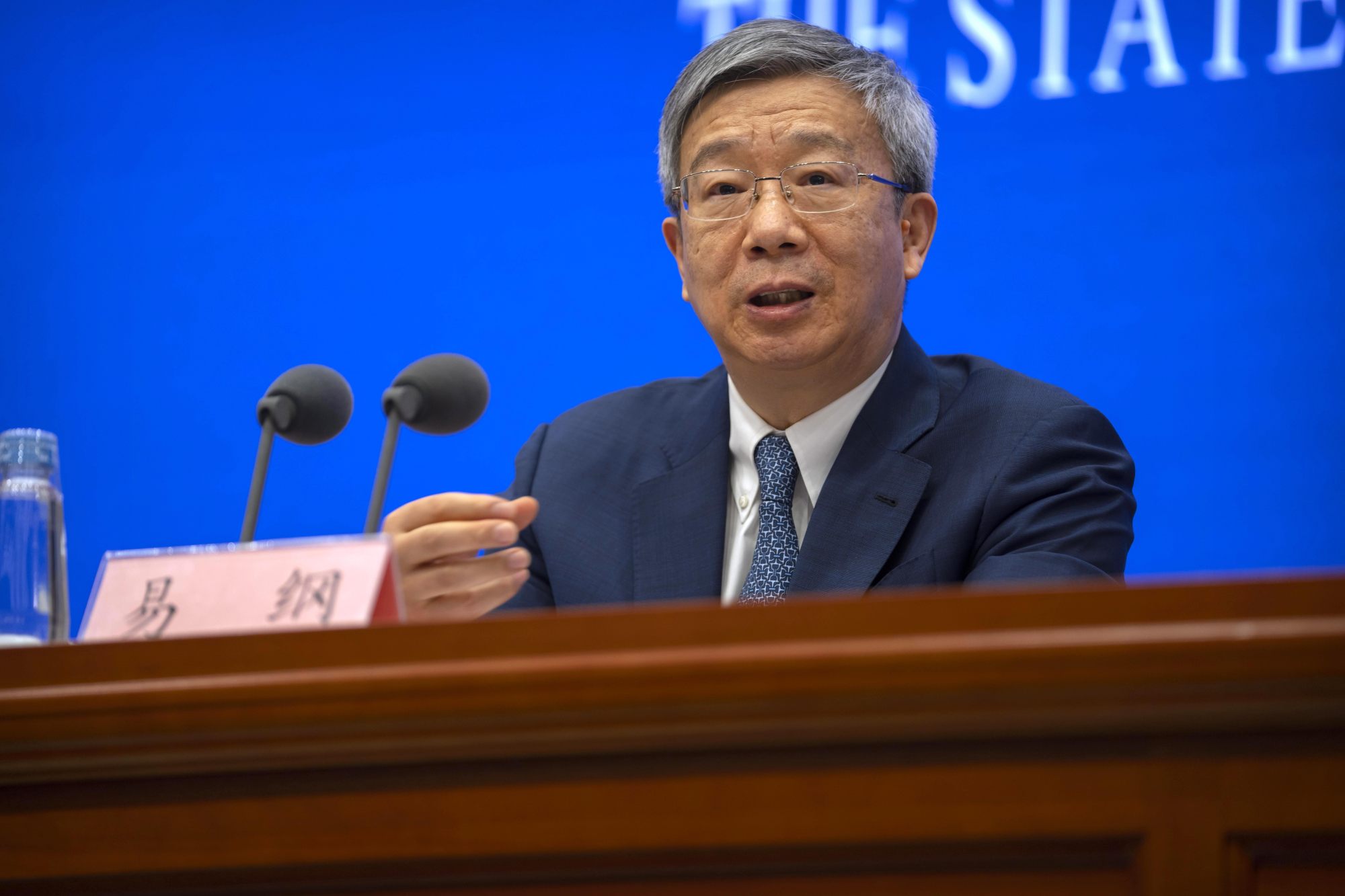
Who is Chinese economist Yi Gang, the US-educated governor of the People’s Bank of China?
-
Since 2018, central bank governor Yi Gang has led financial reforms and debt reduction, while maintaining a prudent monetary stance
-
Educated in the US, Yi has also been responsible for raising China’s profile on the global stage and continuing its opening to the world
And he has unexpectedly secured a second five-year term as head of the central bank, extending his leadership role despite having reached retirement age this year. This gives him the chance to serve longer than usual, and it is particularly eye-catching given that the country has ushered in a mostly new administration under President Xi Jinping.
Yi, the 65-year-old governor of the People’s Bank of China (PBOC), is considered in Beijing to be a straight-talking, pro-market reformer with a scholarly air. Respected for his knowledge of monetary economics, he is also well known for his low-key and balanced work style.
Global Impact is a fortnightly curated newsletter featuring a news topic originating in China with a significant macro impact for our newsreaders around the world.


